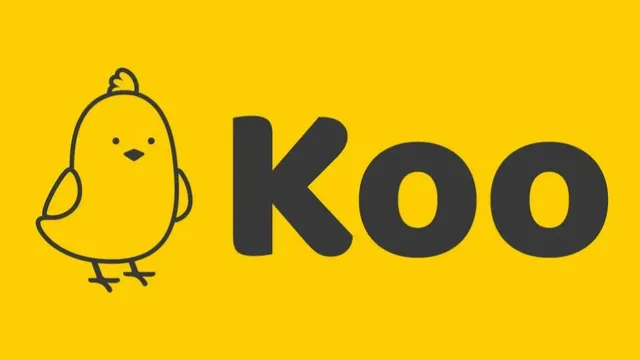A homegrown social media venture in India, once hailed as a potential rival to Elon Musk’s X (formerly Twitter), is shutting down its operations. This comes after unsuccessful attempts to secure a buyout from Dailyhunt, a major player in the digital content space.
The platform, which had managed to raise an impressive sum exceeding $60 million from well-known investors like Tiger Global and Accel, struggled to grow its user base and monetize effectively in recent years.
Earlier this year, rumors circulated about ongoing discussions between the social media startup and Dailyhunt, a content aggregator valued at $5 billion. However, the founders of the Indian platform confirmed on Wednesday that these negotiations had fallen through.
In a LinkedIn statement, the co-founders explained that they had explored various partnerships with established internet companies, conglomerates, and media houses. Unfortunately, none of these discussions led to a satisfactory outcome. They noted that many potential partners were hesitant to deal with the unpredictable nature of user-generated content and the complexities of managing a social media platform.
The Indian startup had aimed to attract users by offering a Twitter-like experience with support for multiple Indian languages. It gained traction during a period of tension between Twitter and Indian authorities, when the US-based platform challenged government requests for content removal.
Last year, before Elon Musk took over Twitter, its co-founder Jack Dorsey made controversial claims about the Indian government threatening to shut down Twitter’s operations in the country and raid employees’ homes. These allegations were promptly denied by Indian officials, with a senior minister suggesting that Dorsey was attempting to deflect attention from Twitter’s questionable practices during that time.
Seizing this opportunity, the Indian platform positioned itself as a more cooperative alternative, promising to comply with local regulations. This strategy attracted numerous high-profile Indian politicians to the platform, though it notably failed to gain much traction among opposition figures. The company had also begun expanding its services to Brazil.

